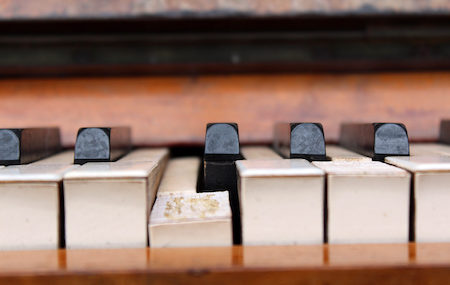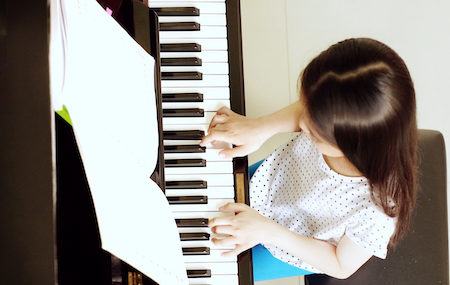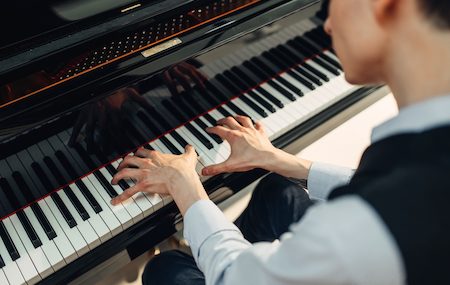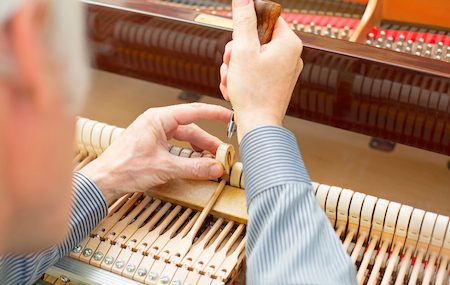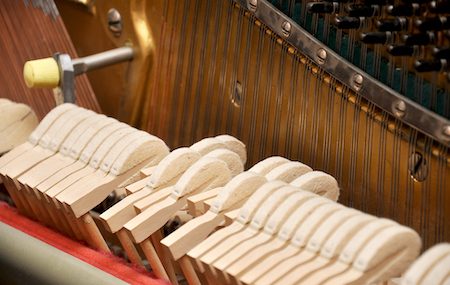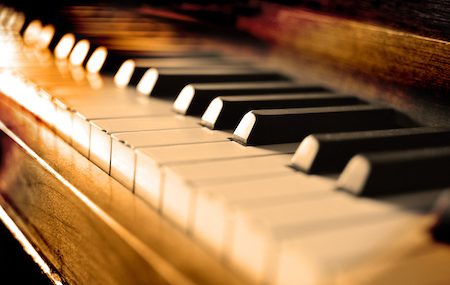If it seems to be too good to be true, it probably is.
That’s great advice to remember as you’re shopping for pianos. Thanks to a rise in internet shopping, we have dozens of ways to look for “good deals.” And often, those good deals are nothing more than piano scams trying to take advantage of people shopping for a piano.
One of the biggest piano scams involves a sweet ad placed on sites like Craigslist, offering a piano for free. It’s usually an old widow downsizing from a large family home, wanting to give away the family piano for “free” to a good home.
Here’s the catch: when you call, they’re willing to part with it for free. But you have to pay for the moving expenses, which are upwards of a couple thousand dollars. They have a site for you to visit, put in your credit card, with promises your piano will show up in a few days.
Guess what? The piano never arrives. And you’re out a couple thousand dollars.
Another scam takes the first scam, and reverses the situation. If you’re trying to sell a piano, it’s important to watch out for the buyer taking the piano without ever paying for it. There are dozens of ways to pay for things today: Paypal, Vimeo, wiring, and even the oldest payment of writing a check. If you release the piano to the buyer before checking to receive final payment, you may be out the piano and the money. Payment fraud is huge. Check the payment before you release the piano.
Do you know the technician working on your piano? While there are many reputable tuners and piano restoration professionals in business today, scammers are always looking for ways to make a few bucks. If you don’t have experience with a technician, start with smaller jobs as you get to know their work. Be wary of any technician who offers to do extensive work quickly, or take away a portion of the piano with the promise to bring it back when it’s fixed. Taking the keys or soundboard may be just a way of getting high quality parts to sell to another resource for money. If you have questions, it’s better to say “no” and think about the situation, researching it more before you say “yes.”
Watch out for the decal scam. This is prevalent with the highest-quality pianos in the industry. When a restoration company rebuilds a piano, they may use parts from a variety of resources. As a finishing touch, they place a high-end decal on the piano in order to pass it off as higher quality than it really is. You buy the piano expecting a high-quality instrument. It’s anything but.
How can you avoid piano scams?
Do business with a reputable piano dealer. They take care to offer new and used pianos of the highest quality. They stand behind their products and their services.
Whether you have a question about a possible piano scam you’re experiencing, or have questions about investing in a piano in the future, contact us today. We’re here to help you with all of your piano needs.
